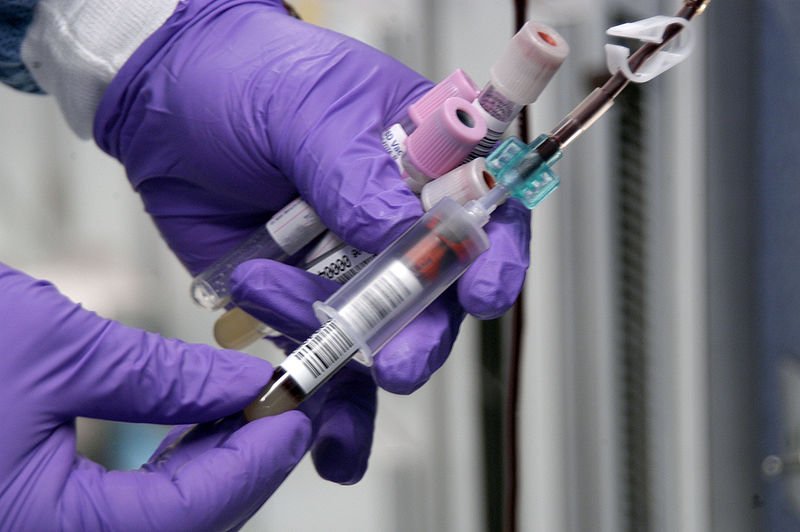Technion researchers from the Rappaport Faculty of Medicine have identified five genes that predict Parkinson’s disease.
“Currently, there is no blood test that can diagnose PD, making the detection of individuals at risk or at earliest stages of PD practically impossible. Instead it is identified by a clinical neurological examination based on findings suggestive of Parkinson’s disease,” says Dr. Silvia Mandel, Vice Director of the Eve Topf Center of Excellence for Neurodegenerative Diseases Research and Teaching.
Related Stories:
- Medical Leap: High-Res Images Of Blood To Replace Needles In Blood Tests
- Israeli Breakthrough: Scientists Repair Heart Through Skin Cells
Mandel adds that “finding biomarkers for Parkinson’s disease will help to capture those high-risk subjects before symptoms develop, a stage where prevention treatment efforts might be expected to have their greatest impact to slow disease progression.”
Early stage detection
The researchers aimed to assess whether a gene signature could be detected in blood from early Parkinson’s disease patients, which could support the diagnosis of the disease. The examination was conducted on blood samples from 62 early stage Parkinson’s disease patients and 64 healthy age-matched controls.
The selection of the genes and determination of their expression in the blood was based on previous research conducted by Dria Mandel and Prof. Moussa Youdim on the brains of Parkinson’s disease patients, in which a group of genes was identified with defective expression compared to the brains of healthy people (control group).
Five genes were found to be optimal predictors of Parkinson’s disease. The predictive ability of the model was validated in an independent group of 30 patients at advanced stages of Parkinson’s disease, with 100% accuracy. The results, published in the scientific journal Molecular Neurodegeneration, suggest a potential for the genetic signature to assess disease severity.
Sign up for our free weekly newsletter
SubscribeLastly, the model fully discriminated between Parkinson’s disease and Alzheimer’s disease.
Affecting the ability to treat the disease
According to the researchers, “the findings strengthen the assumption that a five-gene panel in the blood allows to diagnose early stage Parkinson’s disease, with a possible diagnostic value for detection of the disease before the appearance of the characteristic motor symptoms.”
The biomarker could assist in diagnosing individuals at pre-symptomatic stages of the disease such as patients with depression, sleep disturbances or hyposmia – a reduced ability to smell. Such a biomarker will be of value in clinical trials for the identification of that subgroup of Parkinson’s disease patients that may respond favorably to therapies targeting the mechanisms reflected by the gene panel.
The Technion researchers believe that, in the future, the blood test may be combined with brain imaging, biomarkers in the spinal fluid or other peripheral tissues. Their hope is that these tests would become as a gold standard not only for early diagnosis, but also for the differential diagnosis of Parkinson’s and motor disorders mimicking the disease.
The research was conducted in participation with colleagues from Rambam Medical Center, Assaf HaRofeh Medical Center and from the Universities of Würzburg and Pisa.
Photo by Jeremy L. Grisham for the U.S. Navy
Related posts

Israeli Medical Technologies That Could Change The World

Harnessing Our Own Bodies For Side Effect-Free Weight Loss

Missing Protein Could Unlock Treatment For Aggressive Lung Cancer




Facebook comments